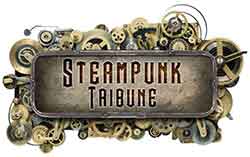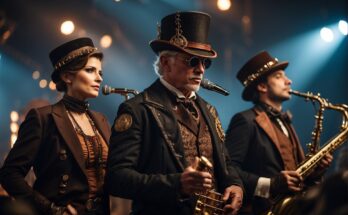Allan PinkertonBorn 1819; Died 1884Age 43, 58″, 150 lbs. A thick-set, bearded man, with cool, penetrating blue-grey eyes and a thick Glasswegian accent, dressed in a suit and flat bowler hat.Advantage: Alertness, Ally Group (Personal staff of operatives), Reputation (Tough, relentless, and reliable, among police and other), Strong Will, Wealthy
Allan Pinkerton was born in The Gorbals, a particularly poor area of Glasgow, Scotland. His father died when he was 10 or 11, forcing him to quit school and go to work, eventually as a coopers apprentice. He became a prominent militant and strong-arm man in the Chartist movement, which fought for universal suffrage and broader democracy as a solution to the social injustices of the period. (Incidentally, Chartism was not much concerned with workplace organization to the right to strike, and Pinkerton worked against labor unions later in life, arguing that he was helping working men by opposing the unions).In 1841, he met his wife, Joan, who he married in 1842; they subsequently emigrated to the New World, first to Canada, then moving down to Illinois. He set up quite a successful cooperage and might have stayed thus employed if he had not noticed a fire-pit on an out-of-the-way island in 1846. Becoming suspicious, he and the local sheriff eventually closed down a counterfeiting operation that was using the island as a base. This led to a succession of law-enforcement jobs, including employment as the first detective on the Chicago police force.
Pinktertons organization is often considered the first real detective agency, certainly the first in the United States that was more than just a source of security guards. He introduced many techniques that would later become standard in detection, such as the use of “rogues galleries” (now called mug books). He is usually credited with preventing the assassination of Abraham Lincoln during Lincolns initial trip to Washington after his election. The involvement of his agency in union-busting makes him more controversial. Encountered
Pinkerton is easy to involve in any crime-related plot line, either as an ally, rival, or possibly foe. They could be operatives in his organization, taking on the most famous criminals of that age, while receiving the help of (or contending with the interference) of their boss. (Enjoying fieldwork, Pinkerton often took a personal hand in the cases even when running a large, national organization). Additionally, Pinkertons agents included many female operatives.
WW2, Pgs 84-85 (James, H. Hay)
Hay, J. (1999) – Gurps Who’s Who II, pg. 84-85, SJG:Austin
[edited for removal of game specific content]Further Reading
MacKay, James: Allan Pinkerton: The first private eye
Wormser, Richard: Pinkerton: Americas first private eyeInternet Resources
http://en.wikipedia.org/wiki/Allan_Pinkerton
http://americanhistory.about.com/od/19thcentur1/a/allan_pinkerton.htm
http://www.crimelibrary.com/gangsters2/pinkerton/
http://www.thrillingdetective.com/eyes/pinkerton.html



